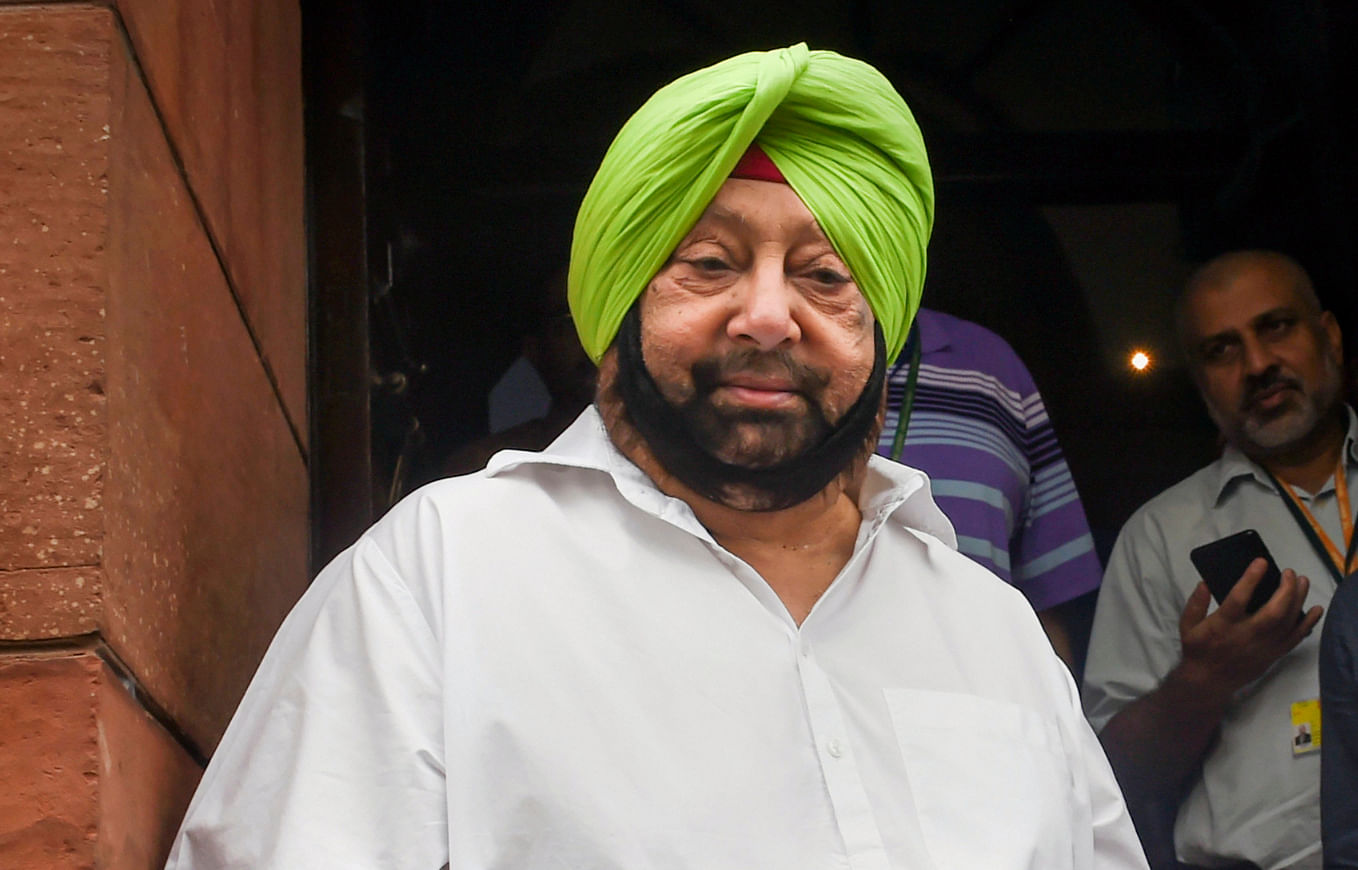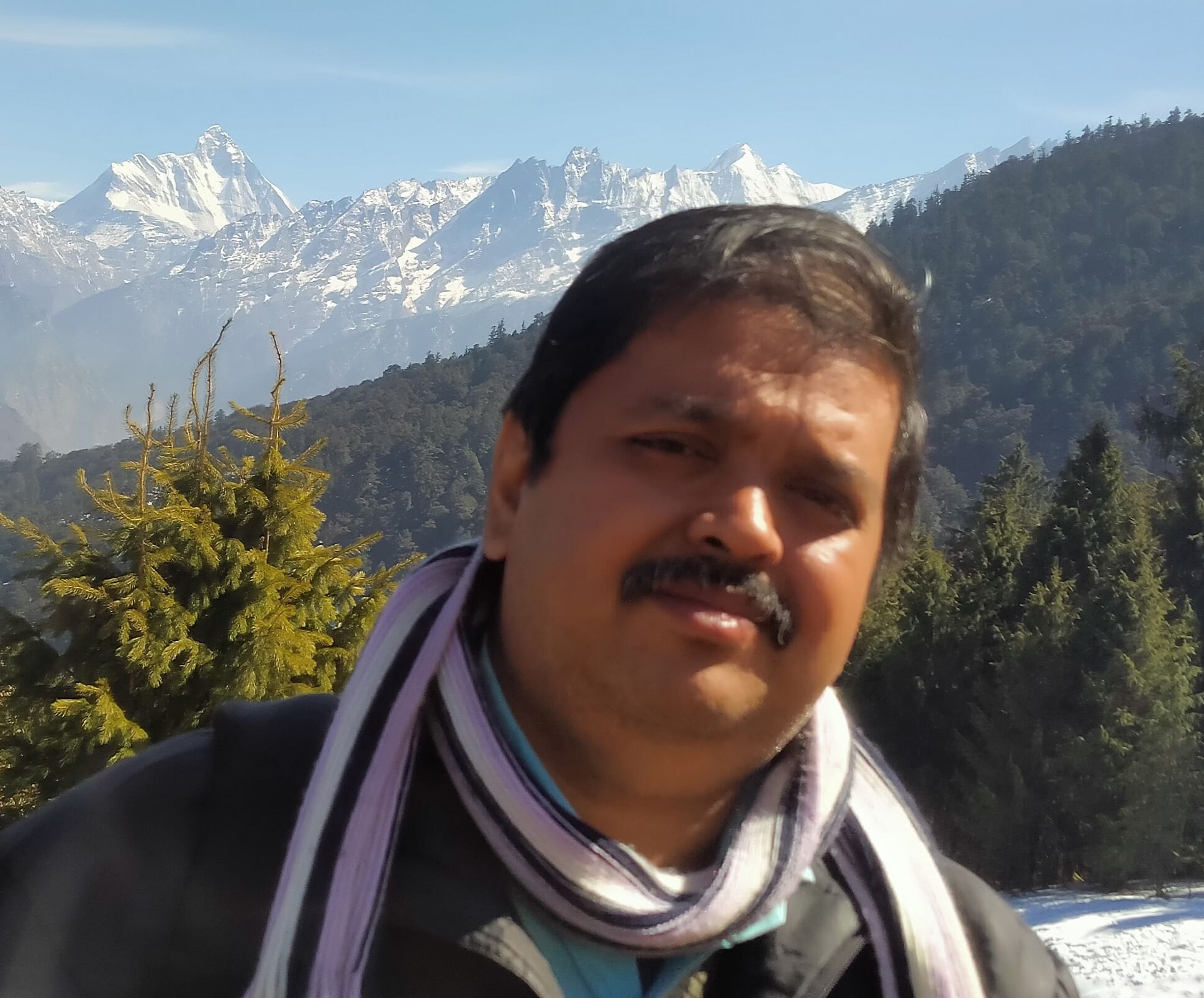
As the Chinese army continues to play hardball on the Line of Actual Control in Ladakh, Punjab Chief Minister Amarinder Singh, a 1965 war veteran, says tough questions must be asked of the Centre on national security to ensure that mistakes are not repeated. Singh also tells DH’s Sagar Kulkarni that there was a total lack of support from the Centre to the states in handling the Covid-19 crisis.
Q. How is the Covid-19 situation in the state, as other states experience a surge in infections?
A. Punjab ranks 18th among all states in terms of number of cases. While this might look good on the face of it, we are worried as the numbers are going up. What is also worrying is that experts are projecting a peak in Punjab by September, which means the crisis will deepen over the next two months. We are preparing for the worst-case scenario, though we do hope and pray that things will not come to that and we are able to reverse the trend sooner.
Q. We are now in ‘Unlock’ mode. How is Punjab’s industrial belt faring?
A. My priority has always been to save lives but after around two-and-half months, it was becoming critical also to revive business and industry. We were the first state in the country to request the central government to allow industry to operate with on-site labour.
Since ‘Unlock’ began, industries have gradually reopened. Currently, 90% of our total industry is operational, with both internal and migrant labour. This is a good sign, though real on-ground revival will take time, especially given the continuing rise in Covid-19 cases in India. The Centre needs to intervene more actively to support industry and also to push up demand.
Q. Do you think the Covid-19 outbreak could have been handled differently by the Centre?
A. There’s a lot the Centre could and should have done better to manage the pandemic. For one, the lockdown should have been better planned so that proper arrangements could have been made for migrants. Then, there is the matter of total lack of support to the states for handling the pandemic. There has been no effort on the Centre’s part to help us out in this difficult time, when our fiscal resources have completely dried up.
Q. During the lockdown, the Centre promulgated three ordinances to usher in reforms in the agriculture sector. How do you view them?
A. By no stretch of imagination can they be called ‘reforms’. These ordinances sound the death knell for our farmers and will destroy our well-established marketing system, which has served Punjab and our farmers well for all these decades. By all indications, they will pave the way for the end of the minimum support price and procurement system.
It is clear that the Centre, having exploited Punjab’s farmers to the maximum to build India’s food sufficiency, no longer finds them of use and have decided to throw them to the wolves. These ordinances cannot be legally or constitutionally tenable, as agriculture is a state subject and the Centre has absolutely no authority over it. I will be leading an all-party delegation to meet the Prime Minister on this issue. Unfortunately, the BJP and the Akalis are not supporting our efforts.
Q. Congress has been criticising the Modi government’s handling of the Chinese intrusion in Ladakh, with Rahul Gandhi making some sharp comments. Is it working well for Congress? Other Opposition parties have been muted or have chosen to back the Centre on the China issue.
A. The question is, why, after Doklam, when Chinese aggression came totally out in the open, did we continue to stick to the 1993 agreement. It is not that we are not supporting the Modi government. Of course, Congress is supporting the Centre on this issue of national security. But they need to answer questions: How come the Chinese were building infrastructure? Was it intelligence failure? And all Rahul is doing is asking relevant and pertinent questions in the interest of the nation’s security, so that we don’t make the same mistake again.
Q. The Congress Working Committee is expected to meet to extend the tenure of Sonia Gandhi as party chief. Is the absence of a full-time president affecting the party?
A. There is no question of Sonia Gandhi being a part-time leader. She has led the party earlier but did not want to take over on a long-term basis and hence, she made it clear that she would only fill in as an interim president. So, there is no question of the party functioning being affected in any way.
Q. Congress appears unable to hold on to power in states it won after a long time. Now, there is trouble in Rajasthan which is blamed on the inter-generational fight in the party. What is the solution to this?
A. There is no inter-generational fight in Rajasthan. There are some differences between the youth and seniors everywhere. But unfortunately, the gaps (in numbers of MLAs) were narrow in Madhya Pradesh, and so the BJP took advantage of it. I remember becoming a minister for the first time around 16-17 years after entering politics. But the problem is, nowadays everyone wants to become minister in their first term. Things don’t work like that. Everyone has to wait for their turn.
There are calls for Rahul Gandhi to return as Congress president, but he is still said to be reluctant.
This is a decision that will be taken by consensus by the Congress Working Committee. But Rahul is ideally suited for the job. He is young, which is what the country needs today, given that the majority of India’s population is under 40. The younger generation needs to take over. Congress needs a youth leader with whom the country’s majority population can relate and who understands their vision and dreams and can help realise them.
